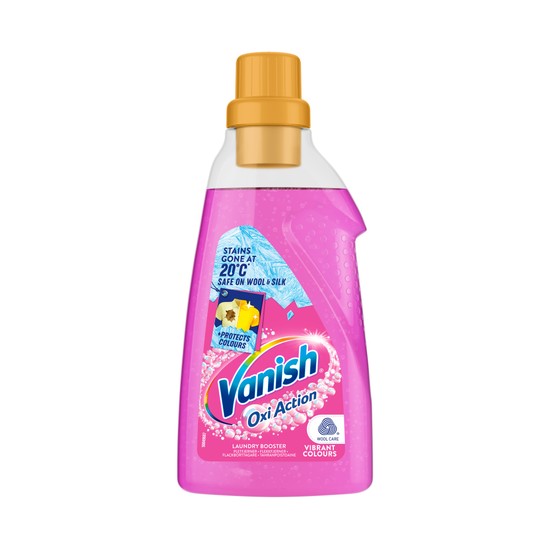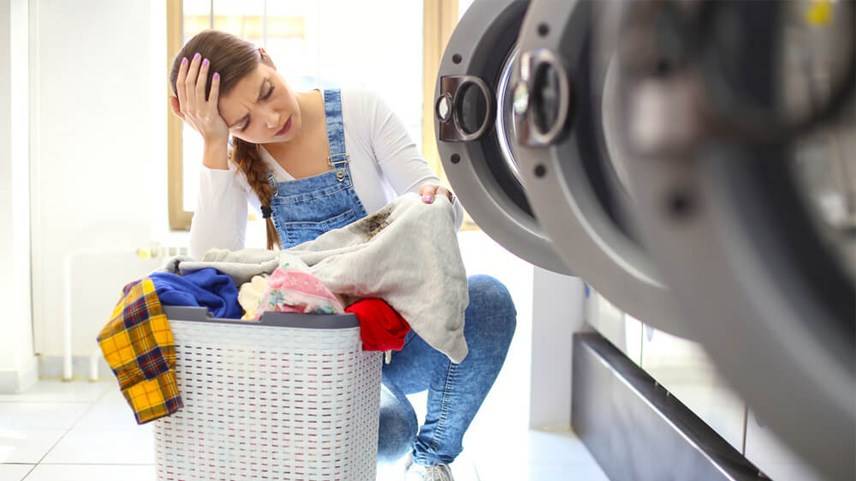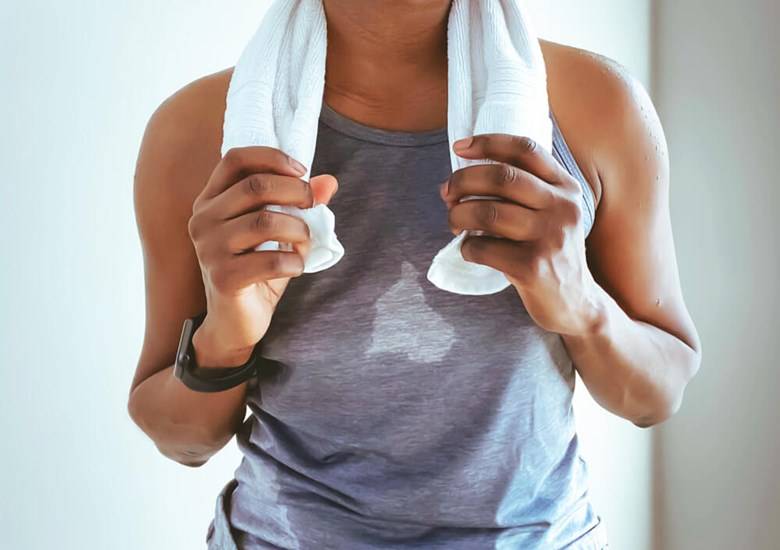Forlæng dit tøjs levetid til det dobbelte


Pour 2ml of Vanish gel directly onto the stain and gently rub.
Leave the product in contact with the stain for 10 mins max
After pre-treatment, wash as usual or rinse thoroughly.
Important: Before using Vanish, you should always follow the usage instructions on the packaging and follow its care advice.
Please refer to the packaging for specific product usage and advice.
KEEP OUT OF REACH OF CHILDREN AND PETS. Store the product only in the original container and always fasten the lid.
Do not expose product to direct sunlight.
Before use check for colour fastness by testing a hidden area of the fabric, rug or carpet.
For best results it may be necessary to repeat parts of the process.



